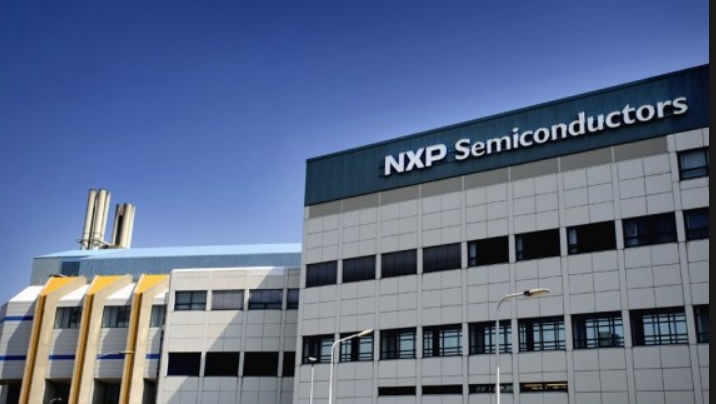
Business
09:07, 19-Nov-2017
Qualcomm set to win antitrust approval for NXP deal – source
CGTN

US smartphone chipmaker Qualcomm seems to be making headway in its bid to buy NXP Semiconductors.
Reuters reports that Qualcomm looks set to win "imminent" Japanese antitrust clearance for its 38-billion-US-dollar bid and also gain Europe’s approval by the end of the year with slight tweaks to its concessions.
Winning the green light from both competition authorities would take Qualcomm a major step forward to closing the deal and reinforce its fight against an unsolicited 103-billion-dollar takeover bid from Broadcom.
The Japan Fair Trade Commission (JFTC) "is expected to clear Qualcomm’s acquisition of NXP imminently," Reuters said, citing a person familiar with the matter. "The European Commission is expected to follow soon."
The JFTC did not respond to emailed requests for comments sent during out of office hours. The EU competition enforcer, which has set a March 15 deadline to rule on the deal, declined to comment while Qualcomm was not available for comment.
Qualcomm, which supplies chips to Android smartphone makers and Apple, wants to become the leading supplier to the fast-growing automotive chips market via the NXP purchase, the biggest-ever in the semiconductor industry.
To address competition concerns, the company has agreed not to purchase NXP’s standard essential patents and not to take legal action against third parties related to NXP’s near field communication (NFC) patents except for defensive purposes.

Photo from semiconductordevice.net
Photo from semiconductordevice.net
It also offered an interoperability pledge which will allow rival products to function with NXP’s products.
NXP co-invented NFC chips which enable mobile phones to be used to pay for goods and store and exchange data.
Qualcomm will make incremental changes to concessions offered to the EU authority last month, the person said.
A similar proposal was also proposed to the JFTC.
Broadcom made its move last week in an effort to become the dominant supplier of chips used in the 1.5 billion or so smartphones expected to be sold around the world this year. Qualcomm has dismissed the offer, saying it undervalues the company.
Broadcom, Qualcomm and NXP together would have control over modems, Wi-Fi, GPS and near-field communications chips, a strong position that could concern customers such as Apple and Samsung Electronics Co Ltd because of the bargaining power such a combined company could have to raise prices.
However, a combined company would also likely have a lower cost base and the flexibility to cut prices.
Source(s): Reuters

SITEMAP
Copyright © 2018 CGTN. Beijing ICP prepared NO.16065310-3
Copyright © 2018 CGTN. Beijing ICP prepared NO.16065310-3